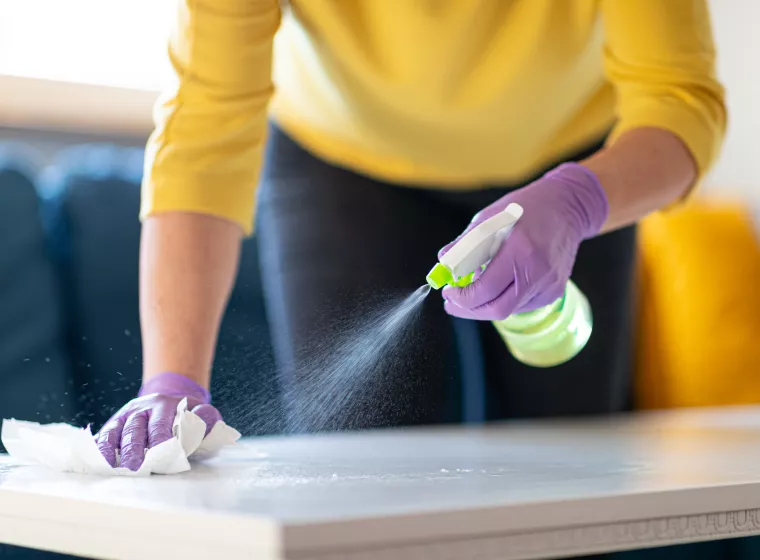May 24, 2023
Member State competent authorities encourage all applicants to meet new data requirements before December 2023 with limited exceptions
The Biocides Coordination Group has agreed through consensus to provide clarification on the implementation of the updated BPR Product Type 19 (PT19) Efficacy (EFF) guidance for insect repellent products scheduled to take effect in December 2023.
The new information addresses interpretation of a contradictory situation related to the updated PT19 EFF guidance for insect repellent products authorized under a post-authorization condition where a renewal application (NA-RNL) was introduced before December 2023. Although rare, post-authorization conditions may apply when the absence of data would not have any bearing on the product's initial submission or post-authorization risk or efficacy assessment, among other criteria.
Clarification of a contradictory situation
ECHA's guidance on biocides legislation describes the information requirements set by the Biocidal Products Regulation, Regulation (EU) 528/2012) (BPR), and how the required assessments should be performed. Guidance on the BPR, Volume II Efficacy, Assessment + Evaluation (Parts B+C), includes Product Type 19 (PT19): Repellents and Attractants.
According to the initial document, products authorized under a post-authorization condition faced the following contradiction where an NA-RNL was introduced before December 2023:
- The post authorization condition would oblige the applicant to provide the efficacy data according to the updated PT19 EFF guidance before December 2023.
- But the applicability of the updated guidance should be mandatory after December 2023.
By general agreement among the BPR Coordination Group and an announcement by ECHA, all applicants are encouraged to follow the new EFF guidance immediately, meaning they should be prepared to provide efficacy data in accordance with the latest guidance in advance of December 2023.
Distinction of the different possible cases
For products carrying a post-authorization condition, the authorization holder should comply within the above timeframe, meaning a Major Change (MAC) dossier should be introduced by December 2023 at the latest.
If the NA-RNL case is submitted before December 2023, the following may apply:
- If the applicant has provided the studies according to the EFF guidance of December 2021, the normal process should be followed (authorization under the article 19(1)). No MAC dossier should be requested of the applicant.
- If the applicant has not provided the studies in the NA-RNL dossier, a MAC dossier must be introduced at the latest by December 2023. For the uses that could not be authorized in accordance with article 19(1), it is proposed to authorize them (if deemed necessary by the Member State) via article 19(5) with the condition that a MAC dossier is introduced by December 2023 with the required studies.
If the RNL case should be submitted after December 2023, then, in all cases, a MAC dossier should be introduced by December 2023 at the latest.
The products that do not include the post-authorization condition should be authorized under article 19(1) only. At renewal, the applicant must submit efficacy studies that fulfill the requirements of the EFF guidance of December 2021.
For new application (NA-APP) dossiers that will be submitted before December 2023, the uses according to article 19(1) should be authorized only. However, to be fair to all applicants, it is proposed that if an article 19(5) is proposed by the Member State, it shall include a post authorization condition to provide efficacy data according to the updated guidance within the 2 years via a MAC dossier.
Producers of insect repellents will need to carefully assess whether they will require further testing to meet the requirements of the newer guidance. Exponent can assist in this evaluation and subsequent tasks.
What Can We Help You Solve?
Whether outlining a strategy to register a pesticide in the U.S., EU, U.K., Canada, or globally, assessing the quality and compliance of food and food ingredients, food products, cosmetics and personal care products, or household goods and cleaning products, Exponent's multidisciplinary teams provide critical insight and support for navigating global regulatory challenges.

Biocides in Europe
Full product lifecycle strategy support, specializing in active substances.

Biocides & Antimicrobials
Expertise in multifaceted regulatory requirements in biocide and antimicrobial product approval processes.



